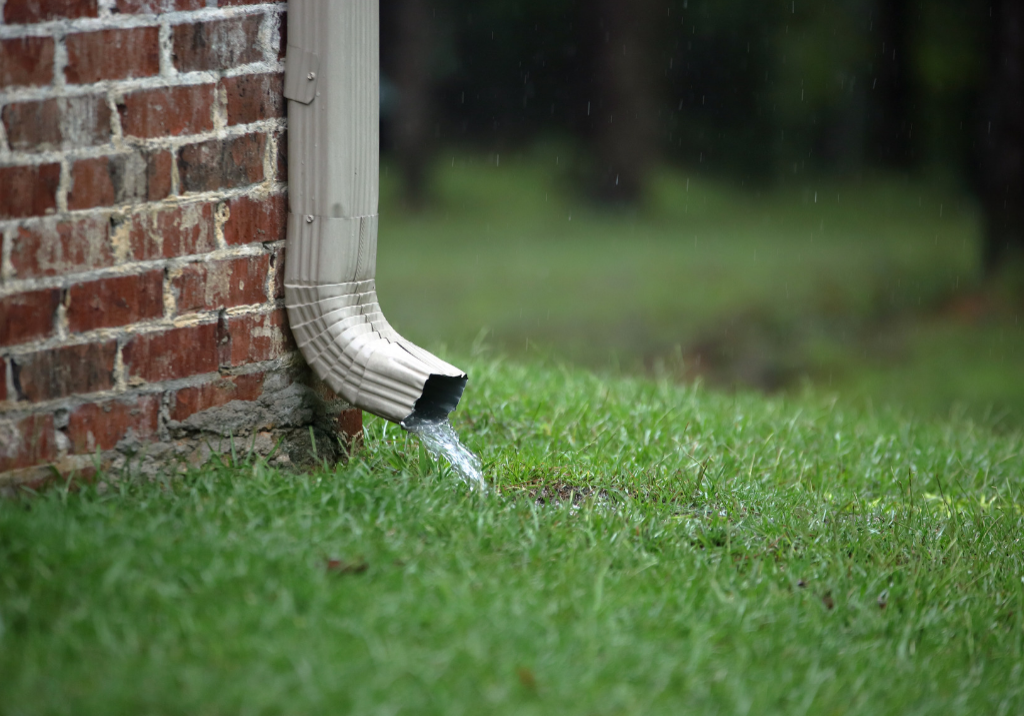It’s Spring! The snow is melting, the rain is falling, and water damage claims are rising. Water damage usually occurs when the land around your home slopes toward your foundation, instead of away from it.
Not all home insurance policies cover water entering your home from the outside. Even if your policy does cover damage from surface water, chances are that you would rather avoid having it happen, if possible.
To reduce the risk of water damage to your home this Spring, follow these tips:
Ensure the grade of your land slopes away from your home.
The ground level should be higher around your foundation, gradually lowering as the distance from your home increases. This allows water to naturally flow away from your home.
Install extensions on your downspouts.
Downspout extensions help to guide water run-off from your roof and gutters away from your home. Extensions should be a minimum of three feet long. The longer the extension, the better, especially if your land slopes toward your home. A four to six foot extension will help keep excess water from pooling around your foundation, reducing your risk of water damage.
Clean your gutters.
Leaves and other debris can clog your gutters, causing water to flow down the outside of your home, instead of away from it. Gutters should be cleaned at least once, but preferably twice a year. Clear your gutters of debris once the leaves have fallen in Autumn. Then check again at the end of winter to ensure the melting snow and spring rain are able to freely flow away from your home.
Check window wells.
If your home has windows below grade, ensure you have properly installed window wells. Window wells should have a drainage system in place. The land around them should slope away from the home to reduce the amount of water draining into the wells.
If water enters your home, be sure to address the issue as quickly as possible. Timely attention will minimize the water damage to your home and contents. It will also reduce the risk of mold and mildew forming.
This article is intended for informational purposes only. It is recommended that you speak with your Agent, Broker or Insurer for accurate information pertaining to your specific insurance policy and/or individual insurance needs.






